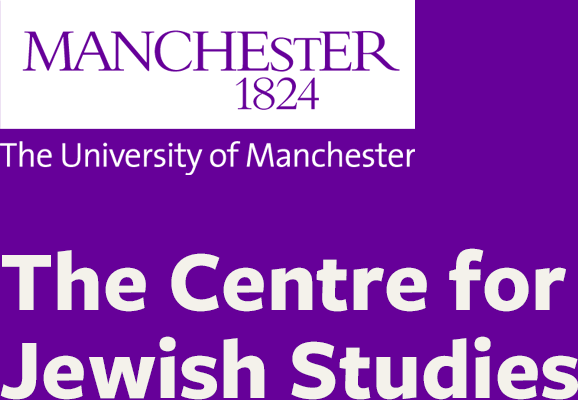Artist’s Corner: Atar Hadari - Blogpost 3
Follow Atar Hadari's journey into the 50 Jewish Objects through his own words.
Many years ago I remember opening the Oxford Dictionary of Music (a birthday present I bought for my father of blessed memory) and finding a listing for Marienklage, a lyrical and musical genre devoted to monologues by Mary, the mother of Jesus. Somewhere on an abandoned computer I have an attempt at such a lyric, dating to at least twenty five years ago. My first collection of poems, ‘Rembrandt’s Bible’ (Indigo Dreams 2013) includes one monologue by Satan complaining of his encounter with ‘that kid’ in the desert who resisted his blandishments to sign him to a contract, and another by a fan reflecting on the singing career of Mary Magdalene. All of which is to say, in some fundamental way, I have always been aware of the Gospels much more as a source text for lyrics than any other cultural presence. (The great English tradition of religious poetry has, in its treatments of resurrection and redemption, largely passed me by. Even such masterpieces as those by Walter Raleigh which I had the good fortune to study with the poet Geoffrey Hill in graduate school at Boston University deeply enough to have such lines as ‘just when my veins start to spread/set on my neck an everlasting head’ still by heart, is not really language I can draw on myself with any sincerity.)
What I would like to acknowledge however is the great American tradition of treating these stories in highly irreverent but also deeply committed emotional song lyrics. As Bob Dylan once said,
I find the religiosity and philosophy in the music. I don't find it anywhere else. Songs like "Let Me Rest on a Peaceful Mountain" or "I Saw the Light" - that's my religion. I don't adhere to rabbis, preachers, evangelists... I've learned more from the songs that I've learned from any of this kind of entity. The songs are my lexicon. I believe the songs.
I’ve quoted those words before when writing about Jewish liturgy and how I regard the humble daily prayer book as the most historically illuminating and authoritative Jewish text because it is the one most frequently consulted. (When the great medieval commentator Rashi arrived at his first rabbinic post he took the rather bold step of striking out of the community’s one copy of the prayer book any legal commentary that was not backed up by the Babylonian Talmud. What I retained from that story was the fact that the prayer book was the only legal work the community owned, despite having the wherewithal to pay a rabbi to come and lead them.)
So what is the song book I have retained over the years from the great American tradition? Well the American tradition is a mixed bag, with the two rival songbooks of what you sang in Church and what you sang in the honky tonk frequently bleeding into one another. Johnny Cash’s first hit included the lines, ‘I hear the train a comin/a comin’ round the bend’ and it is the monologue of a prisoner in Folsom Prison, but that train is also clearly related to Bob Dylan’s ‘Slow Train Coming, coming around the bend’ which draws on the American pentacostal tradition in his Gospel music period. When Dylan says he believes in the songs, I think it is this tradition he is talking about, not Hava Nagila or whatever he may have sung in Jewish summer camp. And I suspect he has continued to believe in these songs long after he renounced his Christian phase and found his way back into some manner of Jewish practice.
Hank Williams is another two-sided character. His country hits include the monologue of an almost psychotically alienated ‘Travelling Man’ (‘Some folks might say/that I’m no good/that I wouldn’t settle/down if I could/but when that lonesome road/gets to callin’ me/then I hear a place/that I’d rather be’), as well as a preaching philosopher character called Luke the Drifter. I suspect my monologue of Caiaphas portrays a much more tormented character in the vein of Hank Williams or Luke the Drifter than any Jewish midrashic text would have cared to, even if they’d thought Caiaphas worth exploring.
So I tip my hat to the great American song writers of Gospel, Country and Rock music. Without them, the characters of the gospels would have struck me as much less eloquent, far less wistful. Without the musical treatments one could only rely on hymns and that too is a tradition which, like the Anglican bible, has largely passed me by.
Read the poems or watch and listen to Atar's performance.

